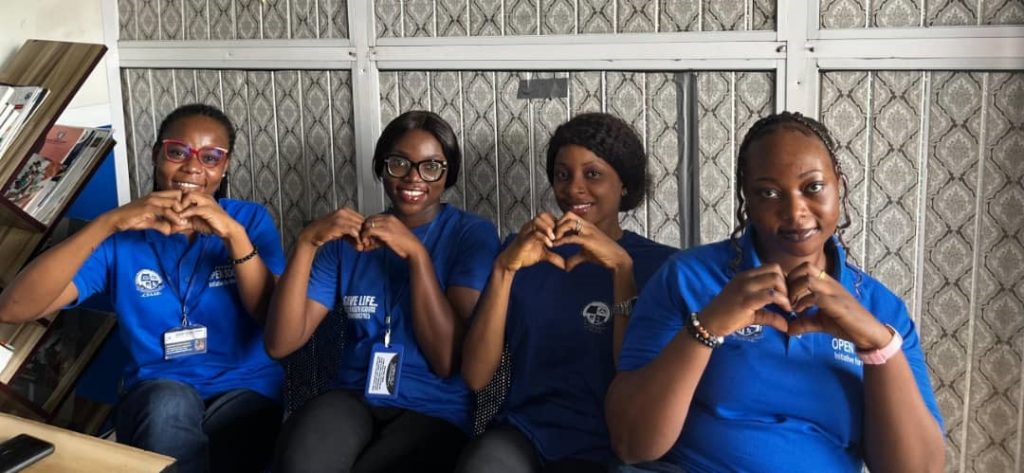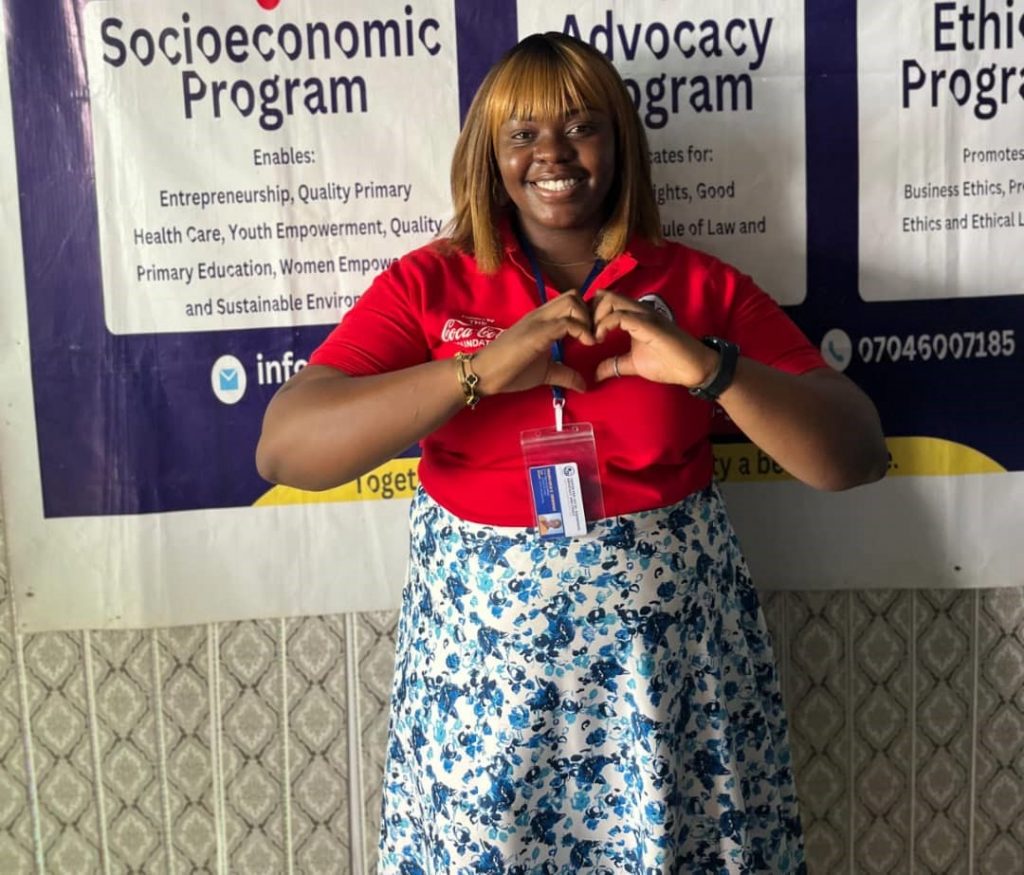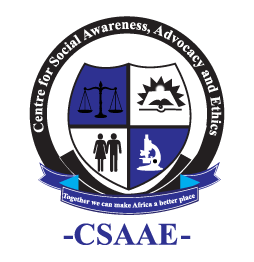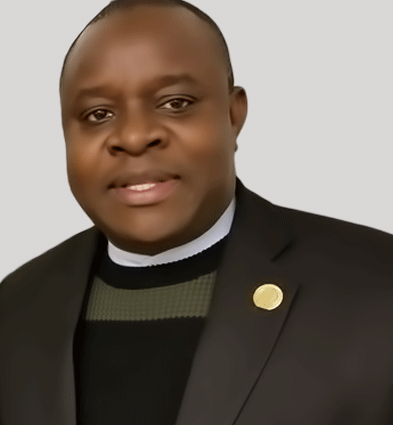As the world celebrates International Women’s Day 2024, it’s imperative to reflect on the progress made towards achieving gender equality and women’s empowerment, particularly in governance and decision-making. Despite significant strides in recent years, women in Nigeria continue to face barriers to full participation in political processes and leadership roles. Addressing the gender gap in political participation and decision-making is not only a matter of justice and equality but also essential for inclusive and effective governance.

In Nigeria, like in many other countries, women are underrepresented in political leadership positions. According to the Inter-Parliamentary Union, as of 2024, women constitute only about 6.7% of the National Assembly, highlighting the persistent gender disparities in political representation. The underrepresentation of women in governance is attributed to various factors, including cultural norms, discriminatory practices, and structural barriers within political parties and electoral systems.
Cultural norms and traditional gender roles often relegate women to the domestic sphere, limiting their opportunities for political engagement and leadership. Additionally, patriarchal attitudes and stereotypes perpetuate the belief that women are less capable or suitable for leadership roles, further marginalizing them in the political arena. Moreover, electoral processes characterized by violence, intimidation, and financial barriers disproportionately affect women, deterring them from seeking political office.
Closing the gender gap in political participation and decision-making requires concerted efforts from government institutions, civil society organizations, and the broader society. Empowering women to participate fully in governance involves addressing structural barriers, promoting gender-sensitive policies, and challenging discriminatory practices and attitudes.

Legal and institutional reforms are needed to create an enabling environment for women’s political participation. This includes implementing gender quotas, electoral reforms and affirmative action measures to increase women’s representation in decision-making bodies. Countries that have adopted quota systems, such as Rwanda and South Africa, have seen significant improvements in women’s political representation, demonstrating the effectiveness of such interventions.
Promoting women’s leadership and political skills through capacity-building programs and mentorship initiatives is essential for empowering women to engage in political processes effectively. Providing training in leadership, public speaking, advocacy and campaign management equips women with the tools and confidence to pursue political office and navigate the challenges of electoral politics.
Addressing socio-economic barriers to women’s political participation is crucial for promoting gender equality in governance. Economic empowerment programs, access to education, healthcare and financial resources enable women to overcome barriers such as poverty, illiteracy and lack of access to political networks. Investing in women’s economic empowerment not only enhances their agency and autonomy but also contributes to broader development goals and poverty reduction.
The Centre for Social Awareness, Advocacy and Ethics (CSAAE) joins the rest of the world in advocating for gender equality and women’s empowerment in Nigeria, particularly in political participation and decision-making. Through its advocacy initiatives, CSAAE seeks to raise awareness about the importance of gender equality and women’s empowerment in governance and mobilize support for policies and programs that promote women’s rights and representation.
As we commemorate International Women’s Day 2024, let us reaffirm our commitment to promoting gender equality and women’s empowerment in Nigeria and beyond. Closing the gender gap in political participation and decision-making is not only a matter of justice and human rights but also essential for building inclusive and democratic societies. Together, let us work towards a future where women have equal opportunities to participate, lead, and contribute to shaping the world around them.


